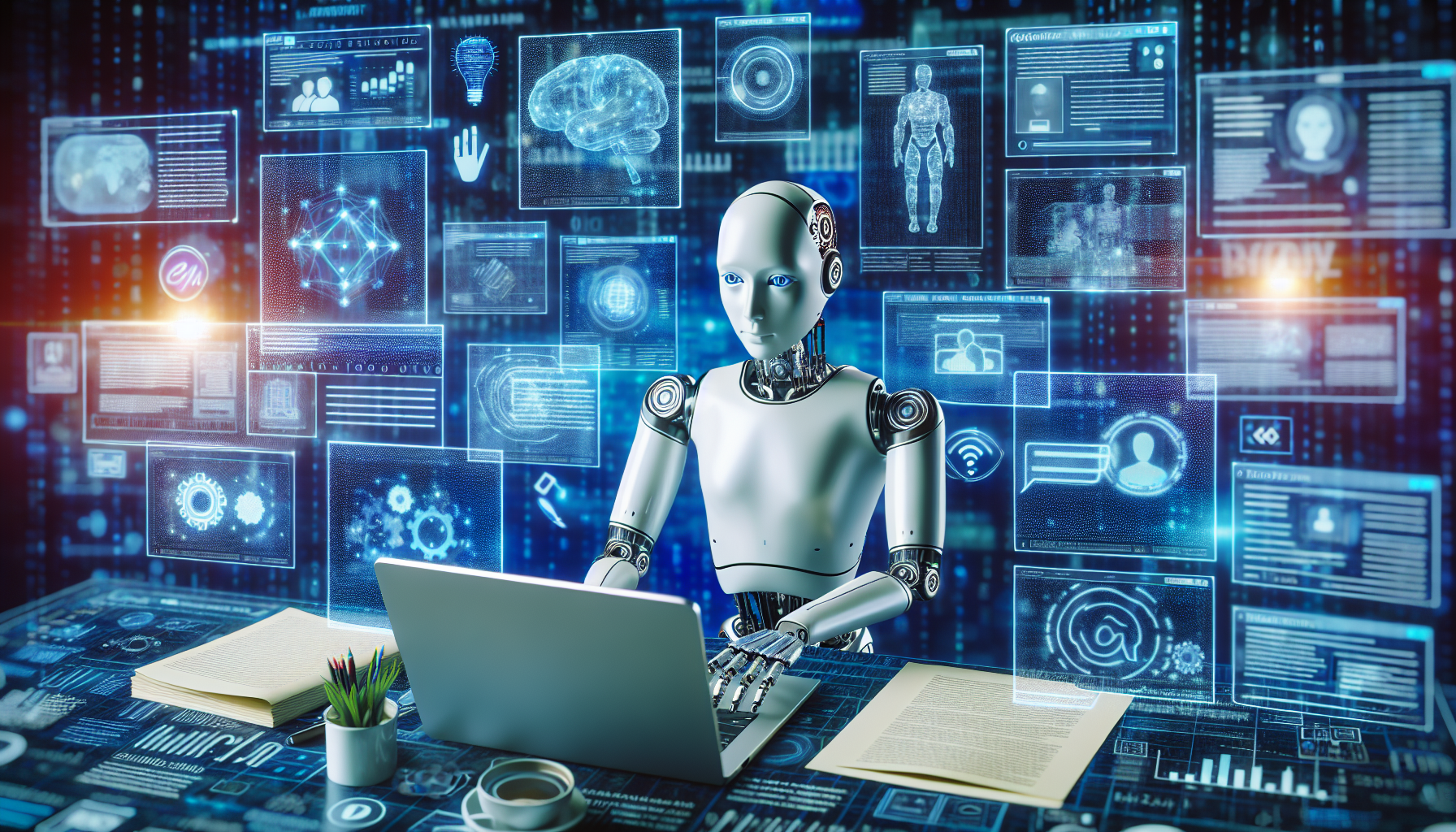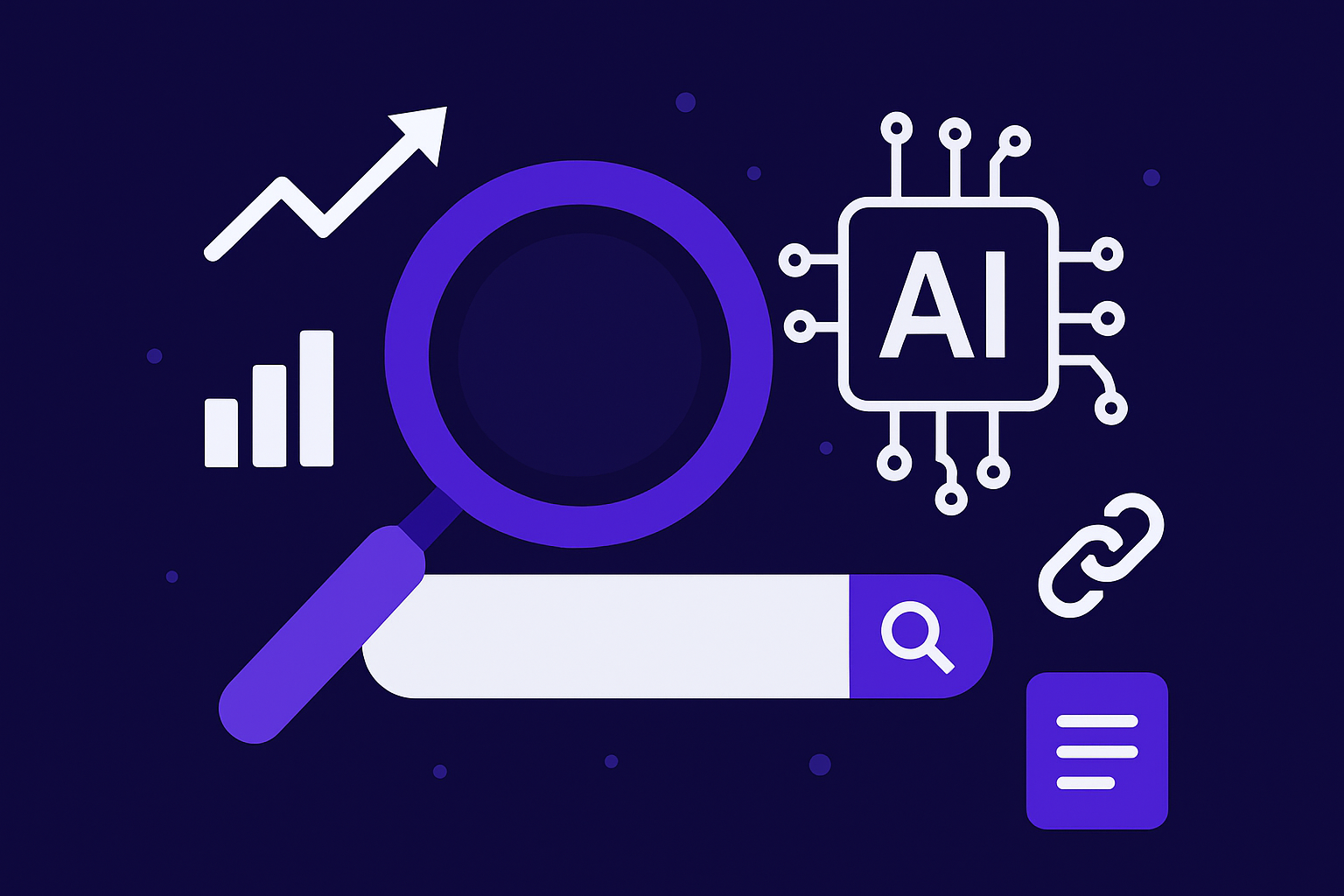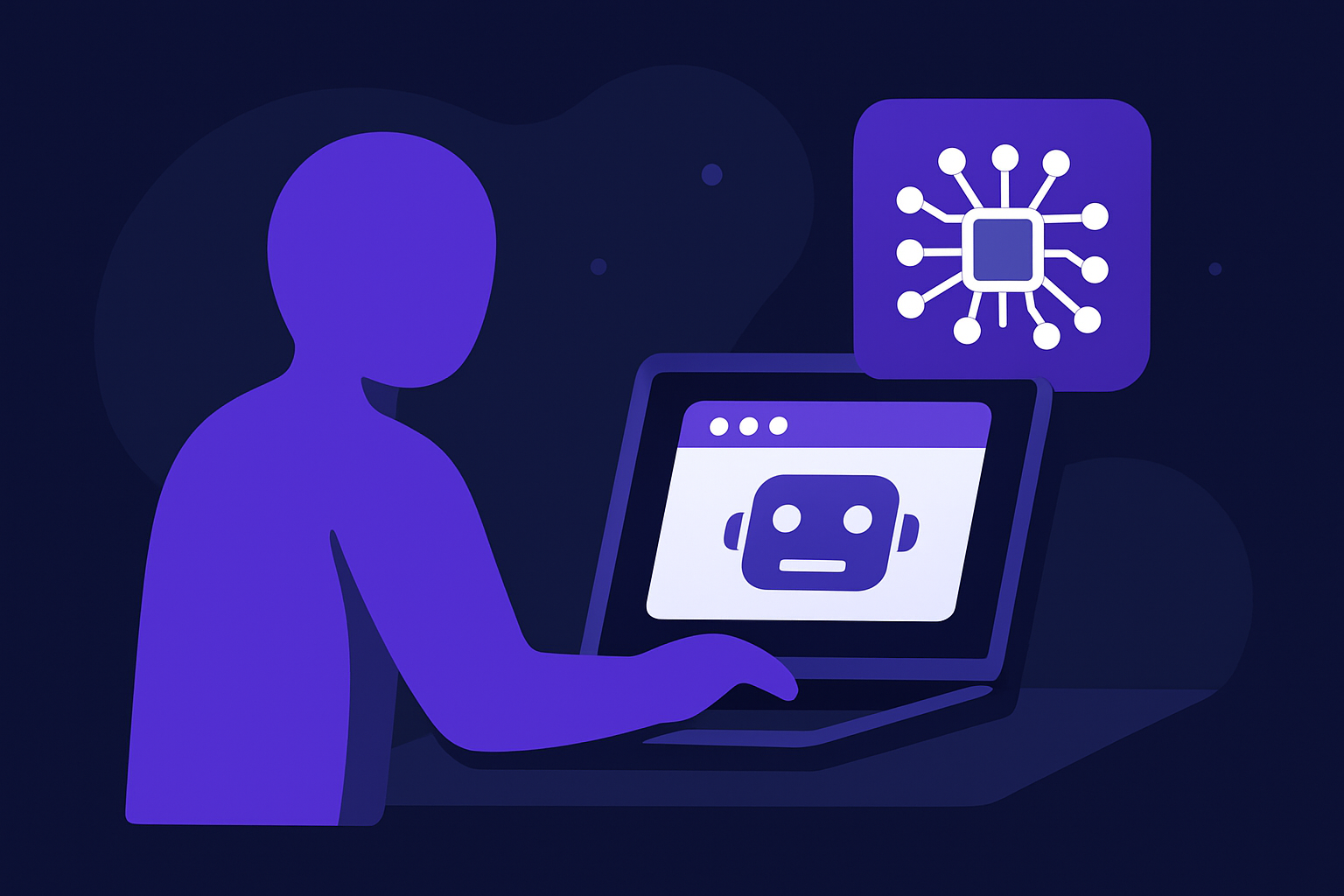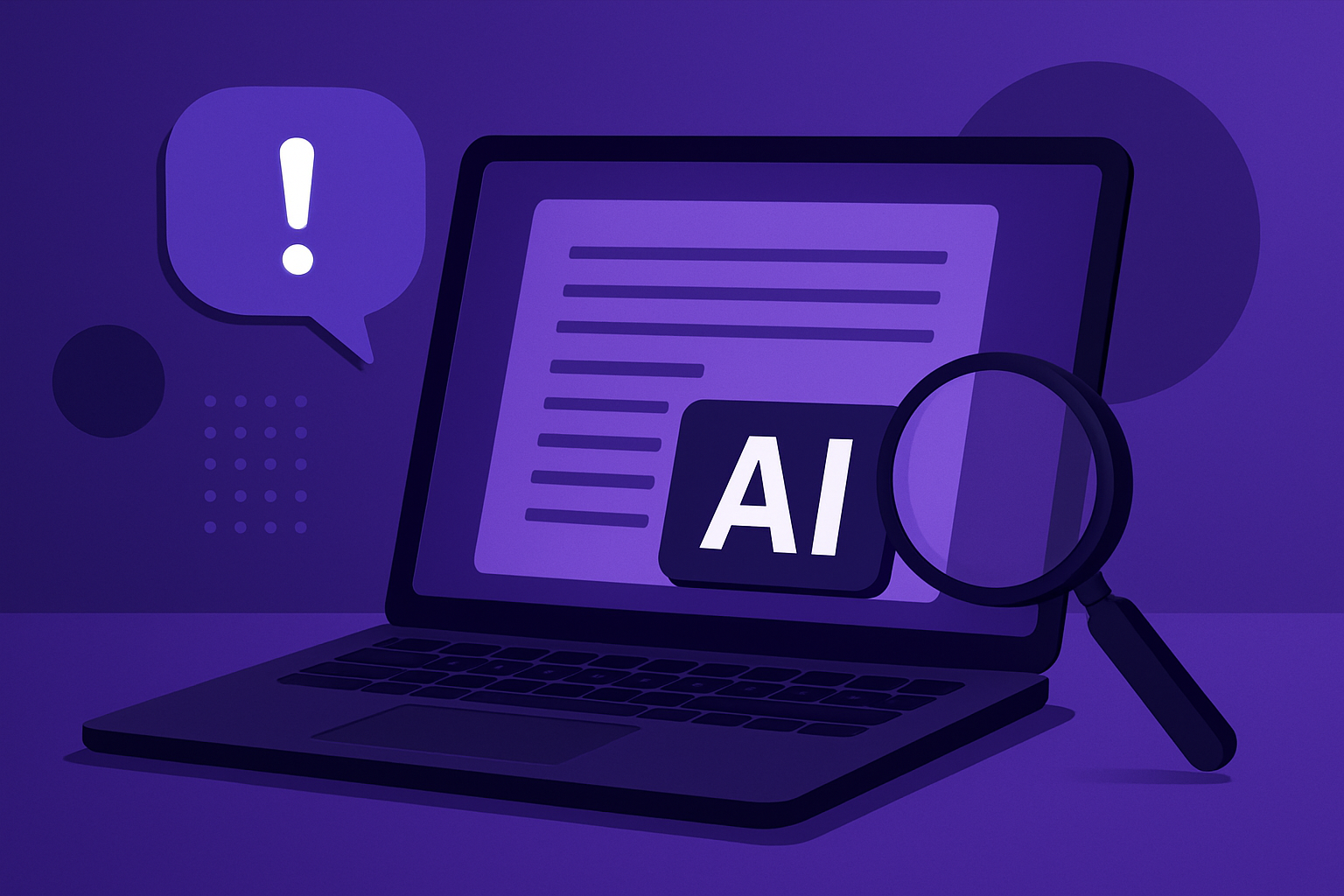Over the past few years, we have witnessed a significant rise in the use of AI-powered tools for content generation. From news articles and blog posts to marketing copy and product descriptions, AI technology is transforming the way we create and consume information. In this article, we will explore how AI-powered content generation is reshaping the landscape of content creation and consumption.
The Evolution of AI in Content Generation
AI-powered content generation has come a long way since its inception. Initially used for simple tasks like grammar checking and text summarization, AI algorithms have now advanced to the point where they can generate complex and coherent pieces of content. Natural Language Processing (NLP) models like OpenAI's GPT-3 have revolutionized the field by producing human-like text that is almost indistinguishable from content written by humans.
These advancements in AI technology have paved the way for automated content creation on a massive scale. Companies and individuals can now utilize AI tools to generate high-quality, relevant, and engaging content in a fraction of the time it would take a human writer. This increased efficiency and productivity are driving the widespread adoption of AI-powered content generation across various industries.
Enhancing Creativity and Innovation
AI-powered content generation is not just about automating mundane writing tasks; it is also about enhancing creativity and fostering innovation. By offloading repetitive and time-consuming writing duties to AI algorithms, content creators can focus on more strategic and imaginative aspects of their work. This shift allows for the exploration of new ideas, unique storytelling techniques, and experimental content formats that can captivate audiences in fresh and exciting ways.
Moreover, AI tools can analyze vast amounts of data and user feedback to identify trends, preferences, and insights that can inform content creation strategies. By leveraging these AI-generated insights, content creators can tailor their content to better resonate with their target audience, leading to more engaging and impactful content experiences.
Challenges and Ethical Considerations
While AI-powered content generation offers numerous benefits, it also raises significant challenges and ethical considerations. One of the primary concerns is the potential for AI-generated content to spread misinformation or biased narratives. Since AI models learn from the data they are trained on, they can inadvertently perpetuate existing biases or generate inaccurate information if not properly monitored and controlled.
Additionally, there is a growing debate around the impact of AI on the job market, particularly for writers and content creators. As AI tools become more sophisticated and capable of producing high-quality content at scale, there is a fear that human creators may be replaced or devalued in the content creation process. Finding the right balance between human creativity and AI automation is crucial to address these concerns.
The Future of AI-Powered Content Generation
Looking a, the future of AI-powered content generation appears promising yet complex. As AI technology continues to advance, we can expect even more sophisticated and versatile tools that blur the lines between human and machine-generated content. These advancements will likely revolutionize how content is created, consumed, and shared, leading to new opportunities and challenges for content creators and consumers alike.
To navigate this evolving landscape, it is essential for stakeholders to collaborate, innovate, and establish clear guidelines and practices for responsible AI-powered content generation. By harnessing the full potential of AI while upholding ethical standards and promoting creativity, we can leverage this transformative technology to shape a more engaging, diverse, and informative digital world.













